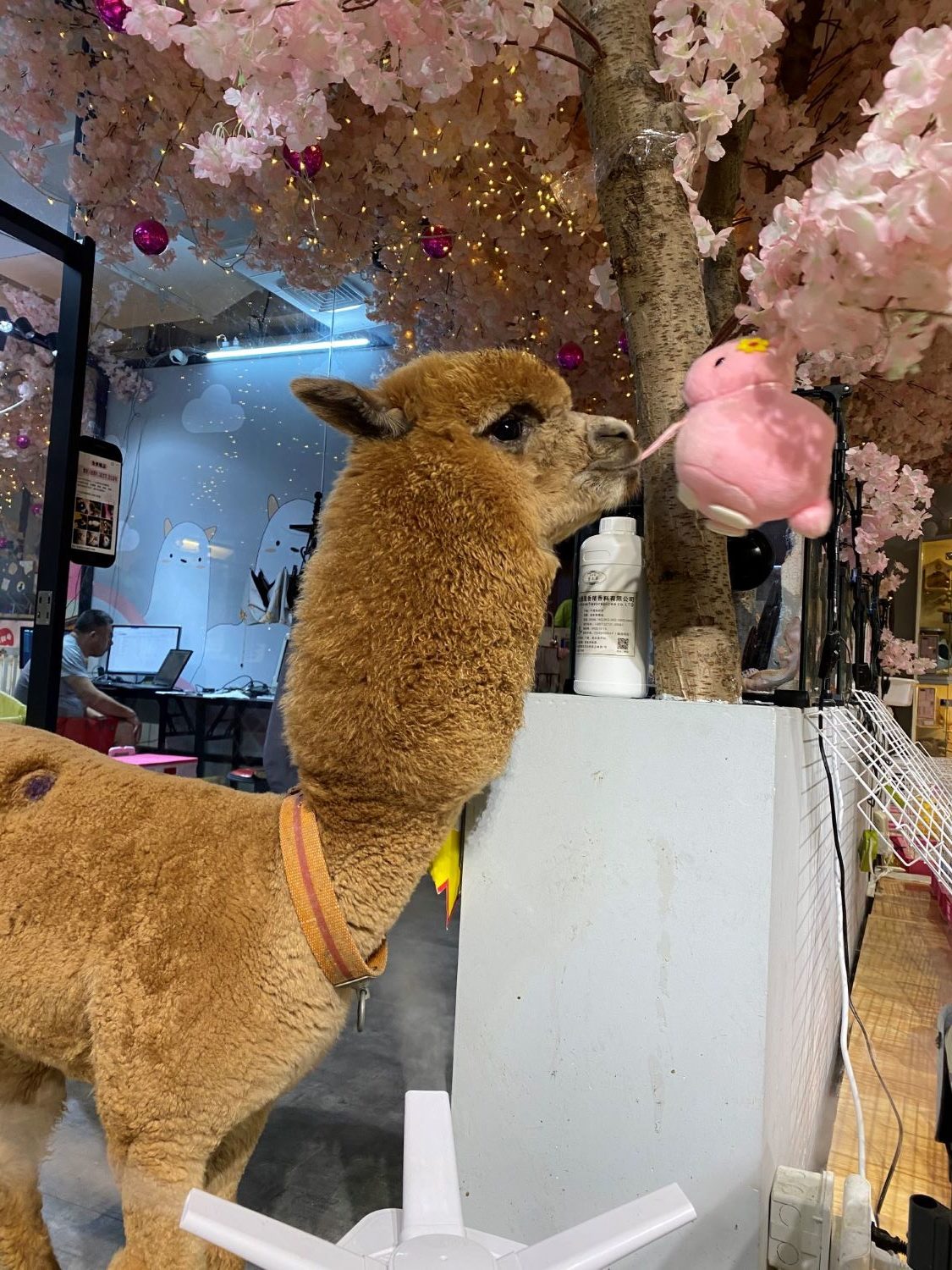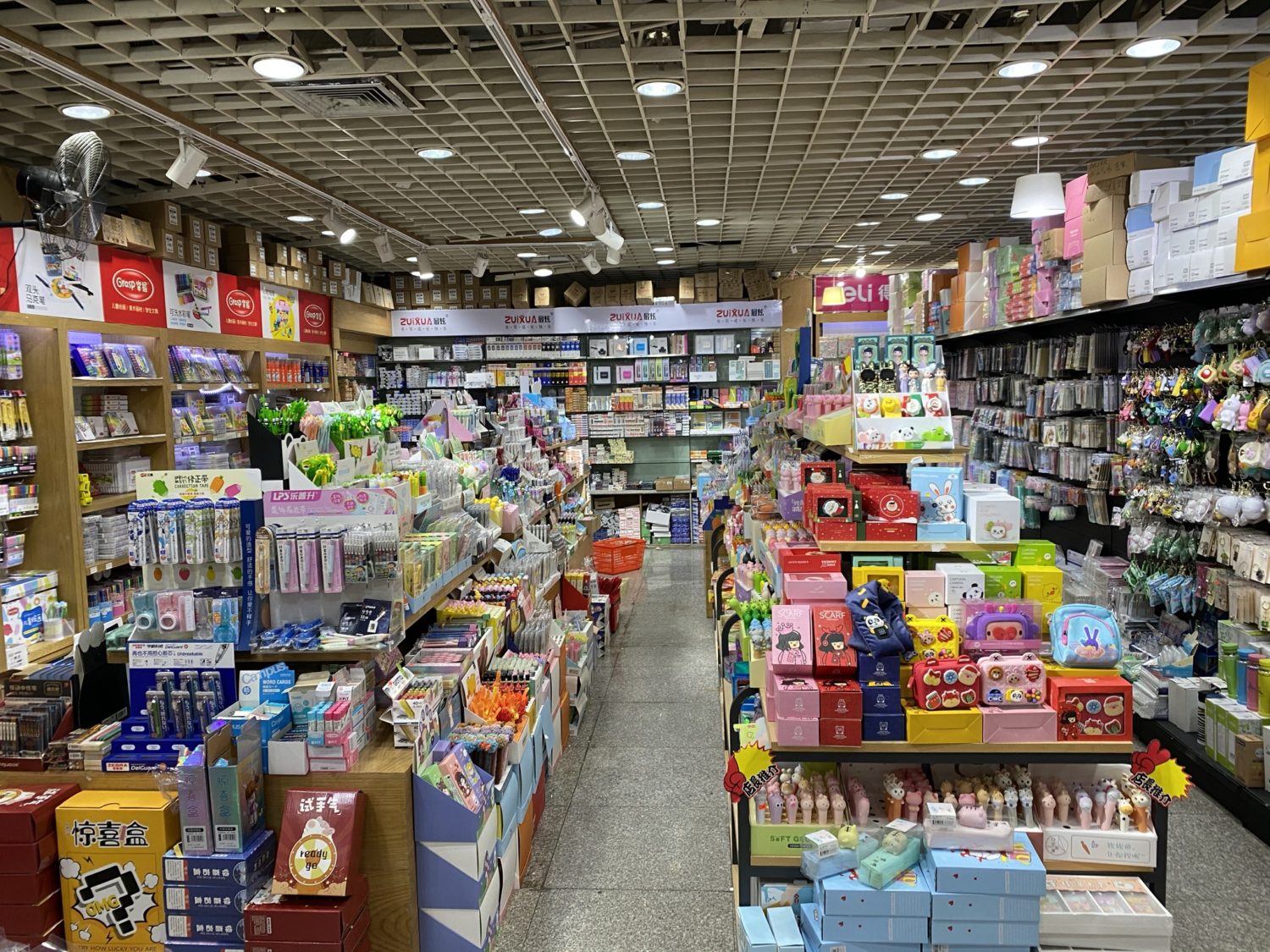
Are you planning to travel to China? If so, here are five essential apps to make your trip less stressful and more enjoyable.
Travelling in China is an exciting and rewarding experience. It can also be incredibly daunting when it comes to language barriers, trying to navigate transport and paying for items as simple as a coffee!
Thankfully, apps have made our life easier, enabling us to communicate, navigate our way around and even help pay for purchases.
I've lived in China for over 5-years, and consider the following apps the most useful apps for China travel. I use (and depend on) these apps every day.
1. VPN (Virtual Private Network)
If you want to stay in touch with family and friends via Google, Chrome, Gmail, Facebook, Instagram, WhatsApp, DropBox or YouTube, you'll need to find a way under, over or around the 'Great Chinese Firewall'.
No, I'm not referring to the Great Wall of China. The Great Chinese Firewall is the system that blocks popular social media and other band news websites and apps within China. Without a VPN, you'll be unable to access these social platforms.
A VPN grants you access to servers worldwide via an encrypted tunnel. It protects your privacy and increases your online security.
Thankfully there are VPNs to suit a range of budgets. However, I must stress that many VPNs don't work in China, and the free versions are unstable and rendered virtually useless by the 'Great Firewall'.
My top 3 VPN picks are:
NordVPN - Lowest price of the three with an annual plan starting at $4.99 per month.
ExpressVPN - Midrange price with an annual plan starting at $6.65 per month.
Astrill VPN - A popular choice among people living in China, but slightly more expensive. Single-month payment option of $25 or an annual plan starting at $12.50 per month.
Warning: Purchase and download a VPN to your phone, laptop, Ipad and other devices BEFORE travelling to China. VPNs are near-impossible to download once you land in China, so make sure to do this before you set off from your home country so you can stay connected once you arrive.
2. Translation App
If you can't read or speak Mandarin (Chinese), a translation app will be invaluable during your stay in China. Asking for directions, ordering food at a restaurant, and figuring out if the toothpaste you're buying is Osmanthus or lemon flavoured will be much easier and a lot less stressful with a translation app. (Yes, I have accidentally purchased these flavour toothpaste!)
Translation apps today are incredibly advanced, allowing you to translate images, voice recordings and plain text from Mandarin into many different languages and back again.

Baidu Translate - I've been using Baidu Translate for more than five years and highly recommend it. I find Baidu translate the easiest and most effective translation app to use.
Warning: Don't rely on Google Translate. Google is one of the websites banned in China, and even while using a VPN, I found the Google translation app unreliable.
3. WeChat (微信 Wēixìn)
WeChat is an instant messaging, social media, marketing and payment app with more than 1.27 billion monthly active users. It is an all-in-one app that even allows voice and video calling to other WeChat users.
If you are coming to China to live, WeChat will quickly become your go-to app for connecting with people. There is quite possibly a WeChat group for every interest under the sun!
Since Covid, WeChat is also necessary for travelling and moving about in China. All your Covid-vaccination and testing data are uploaded into the app, enabling you to generate a 'Green Code'. You won't get very far without a green code as you have to show it before accessing public transport and public buildings.
To find out how to use the WeChat Pay function, refer to this article: 'How can foreigners use WeChat Pay in China?'

4. Alipay (支付宝 zhīfùbǎo)
Alipay is a digital payment platform used extensively throughout China.
With 1.2 billion unique users and more than 80 million merchants having Alipay payment capabilities it is a quick and easy payment solution for your travels in China.
Foreign users are now able to download and use the app whilst they travel in China. To find out how to link your international card to the app read this article by Smart Shanghai 'Yes foreigners can use Alipay this is how'
https://www.smartshanghai.com/articles/smsh/yes-foreigners-can-use-alipay-this-is-how
It is also possible to book taxi and Didi services through the Alipay app.

5. Subway/Metro App
Whether you're visiting China for a short stay or a long while, having a Subway/Metro Guide app on your phone, for the city you are visiting, is super helpful. There are lots, so it may take a little trial an error to download the most useful app.
A useful subway/metro guide will be in English and will allow you to choose your closest subway stop and your destination stop and tell you how many stops and how long the trip will take.
The subway system in most of the larger cities in China is extensive, the trains run on time and the fares are cheap! Just be prepared for the subway to busy during peak morning and evening times.
Unfortunately, there is no Uber in China, and the Didi app has not yet been reinstated in the app store. If you download WeChat or Alipay you can use these apps to order a Taxi or Didi.
The Didi (Ride Hailing) app is currently unavailable to download, however, according to this Reuters news report, this may soon change so stay tuned!
Some things to know before you visit China:
- The 'Great Chinese Firewall' blocks many websites and apps from working in China.
- Unless you're staying at an international hotel, do not expect anyone to speak English. You may meet people who speak English but consider this a happy coincidence and do not rely on there being English speakers everywhere you go.
- Menu's are often all in Chinese, so a translation app will help.
- Alipay and WeChat are used for most payment transactions and it is common to find shops (and a lot of markets) that don't accept cash.
- International credit cards are accepted at international hotels, high end stores and some restaurants, but not all.
- Banks with an ATM that dispenses cash (or accepts your international cards) can be few and far between, so having an electronic payment option such as WeChat Pay or Alipay is recommended.
Other useful apps for your visit to China:
- Currency conversion app - I use XE Currency
- Air Quality Index (AQI) - I use IQAir Air Visual (Remember to change the settings from China AQI to US AQI)
Interested in learning more about China? Check out the Travel section.







All smart apps here. VPNs make life easier in nations where having a US-based IP address allows you to do business and cruise US-based sites seamlessly. I recall needing a VPN in Vietnam way back in 2012 as many sites I could not access with a local IP.
Thanks Ryan. Yes, a VPN is a must if people travelling in China want to stay connected on Social Media.